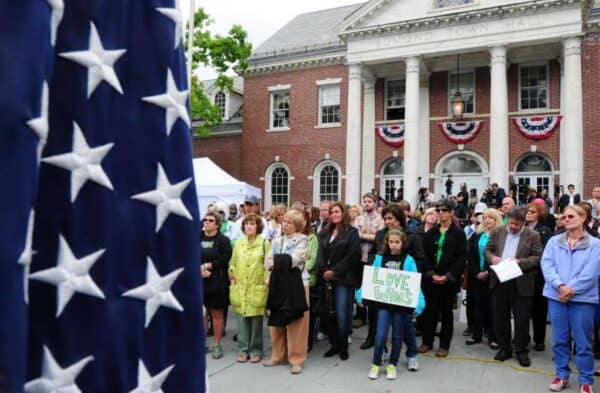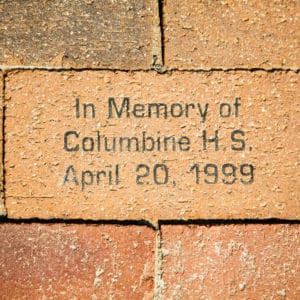Press
Press Release
East Lansing, MI—James D. Diamond’s After the Bloodbath: Is Healing Possible in the Wake of Rampage Shootings? will be available for sale from Michigan State University Press through its website at www.msupress.org and at fine bookstores in November 2019.
As violence in the United States seems to become increasingly more commonplace, the question of how communities reset after unprecedented violence also grows in significance. Featuring a foreword by Robbie and Alissa Parker, parents of Sandy Hook Elementary School shooting victim Emilie Parker, After the Bloodbath examines this quandary, producing insights linking rampage shootings and communal responses in the United States. Diamond, who was a leading attorney in the community where the Sandy Hook Elementary School tragedy occurred, focuses on three well-known shootings and a fourth shooting that occurred on the Red Lake Indian Reservation in Minnesota.
The book looks to the roots of Indigenous approaches to crime, identifying an institutional weakness in the Anglo judicial model and explores adapting Indigenous practices that contribute to healing following heinous criminal behavior. Emerging from the history of Indigenous dispute resolution is a spotlight turned on to restorative justice, a subject no author has discussed to date in the context of mass shootings. Diamond ultimately leads the reader to a positive road forward focusing on insightful steps people can take after a rampage shooting to help their wounded communities heal.
Title: After the Bloodbath
Subtitle: Is Healing Possible in the Wake of Rampage Shootings?
Author: James D. Diamond
Pub. Date: November 2019
Binding: Paper
Page #: 216
Trim: 6 x 9
Price: $22.95
ISBN: 978-1-61186-331-4
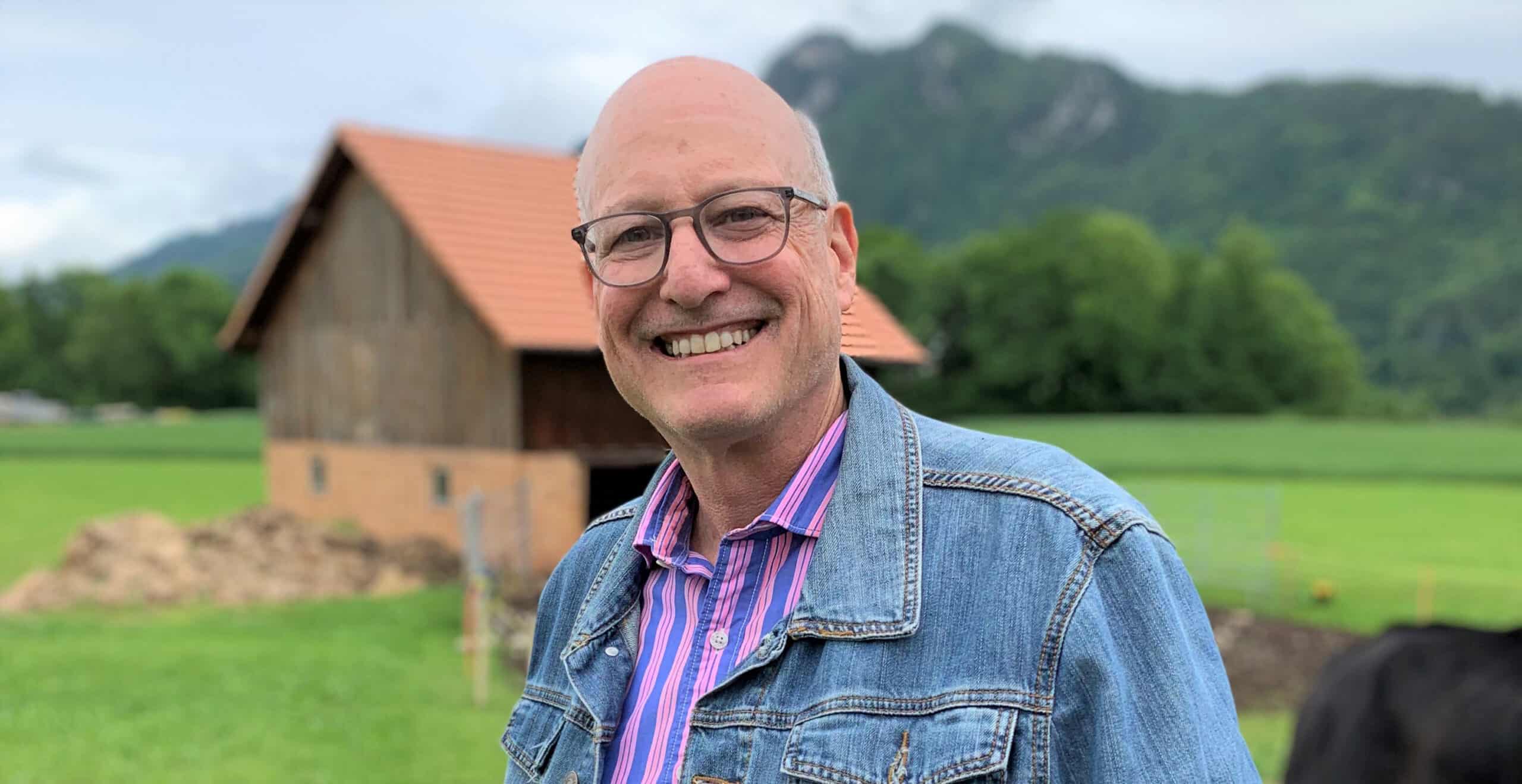
About After the Bloodbath
“After the Bloodbath is an important and most timely book on a devastating subject that produces not only hope out of despair but also a new approach to healing for those communities that have experienced the trauma of multiple-victim rampage shootings. James D. Diamond finds this approach in the traditions of American Indian tribal communities and their unique responses to mass shootings in their tight-knit and oftentimes impoverished communities. With sensitivity and insight gained from his unique experiences working as a trusted adviser for grieving families in the aftermath of the Newtown murders, we are shown how an indigenous vision of restorative justice at work in American Indian communities can help all of us begin the difficult process of healing and forgiveness in even the most tragic situations we might have to confront in our lives.” —Robert A. Williams Jr., Regents’ professor, E. Thomas Sullivan professor of law, and faculty co-chair, Indigenous Peoples Law and Policy program, University of Arizona
About the Author
James D. Diamond has spent more than 25 years as a criminal lawyer, with experience both as a state prosecutor and as criminal defense attorney, and he is certified by the National Board of Trial Advocacy as a criminal trial specialist. He is the dean of Academic Affairs and a member of the faculty at the National Tribal Trial College. He is the former director of the Tribal Justice Clinic at the James E. Rogers College of Law and Professor of Practice at the University of Arizona. He served as special prosecutor to the Pascua Yaqui Tribe of Arizona. Diamond was a winner of the 1986 American Bar Association Award for Excellence and was the 1992 Mothers Against Drunk Driving “Man of the Year.” In 2014, Diamond was awarded a Doctor of Juridical Science degree with an emphasis on indigenous peoples law and policy from the University of Arizona College of Law.
For more information about After the Bloodbath or James D. Diamond, please contact:
Julie Reaume, marketing manager, Michigan State University Press
Phone: (517) 884-6920
Email: reaumej@msu.edu
MSU Press graciously asks that two copies of published reviews be sent to the marketing department at the address above.
Media / Articles
MSU – Episode 2: James D. Diamond on Healing after Rampage Shootings
In this episode, James D. Diamond discusses his book After the Bloodbath: Is Healing Possible in the Wake of Rampage Shootings. Topics include Indigenous justice traditions, restorative justice, the effects of rampage shootings on victims and families, and potential changes to the US legal system to encourage healing in the wake of tragedy.
— MSU, 04/06/20

NPR – AZ Public Media Radio Interview
Arizona Spotlight: A conversation with James D. Diamond about his book “After the Blood Bath”, and Part 2 of Youth Crossing Gender Borders, “Changing Expectations”.
— NPR, Arizona Public Media, 01/15/20
Audio of interview linked here
Full AZPM interview linked here
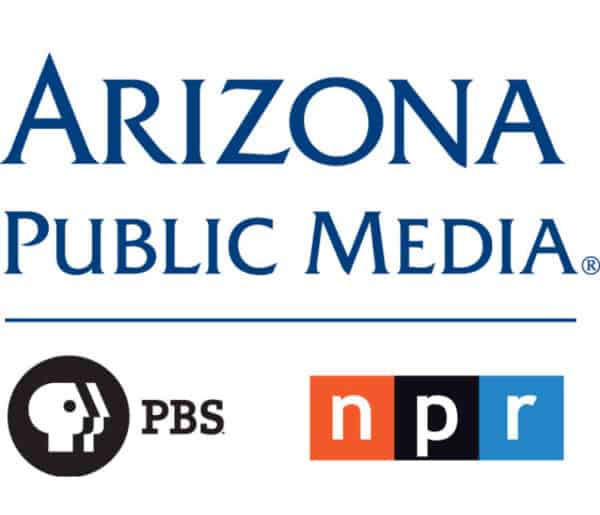
After 15 years, Red Lake shooting survivors still suffering.
“While the world struggles to deal with a very real public health crisis, community cohesiveness, kindness, and empathy are at a premium.”
— Duluth News Tribute, 03/20/20

Is healing possible in the wake of rampage shootings?
“The reach (of the ripple effect) is far and wide. At its epicenter lies those most directly impacted: the victims and their families as well as the families of the perpetrator or perpetrators, moving outward from the same point of origin in disparate directions. Left in the void is a pain that never fully heals. Questions that will never be answered. This void and these questions leave us to wonder how to move forward. We know this because we are one of those families.”
— Indian Country Today 12/13/19

It’s been seven years since Sandy Hook. Is healing possible?
“It’s been seven years since the world mourned the horrific massacre at Sandy Hook elementary school in Newtown. I knew the community well; it was the county where I was a criminal lawyer. So, when I got off a plane at J.F.K. and looked up at the TV screens, it was surreal and shocking to see familiar places now the site of a mass murder.”
— The Hartford Courant, 12/14/19
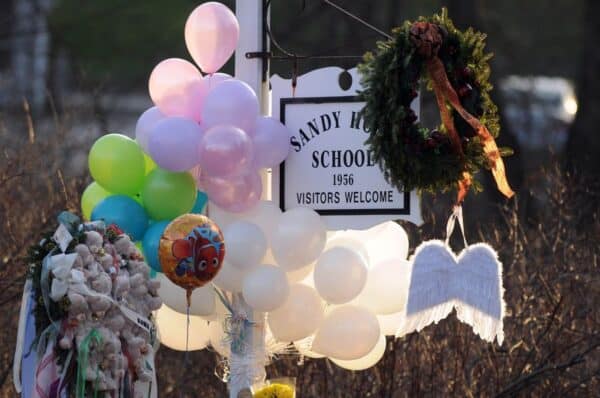
Opinion: Seven years after Newtown — Is healing possible in the wake of rampage shootings?
“As we approach the seventh anniversary of that sad day in Newtown, as the Parkers and 26 other families grieve for the lives lost, we must ask ourselves: Can a community heal? If so, how?”
— The Danbury NewsTimes 12/13/19
